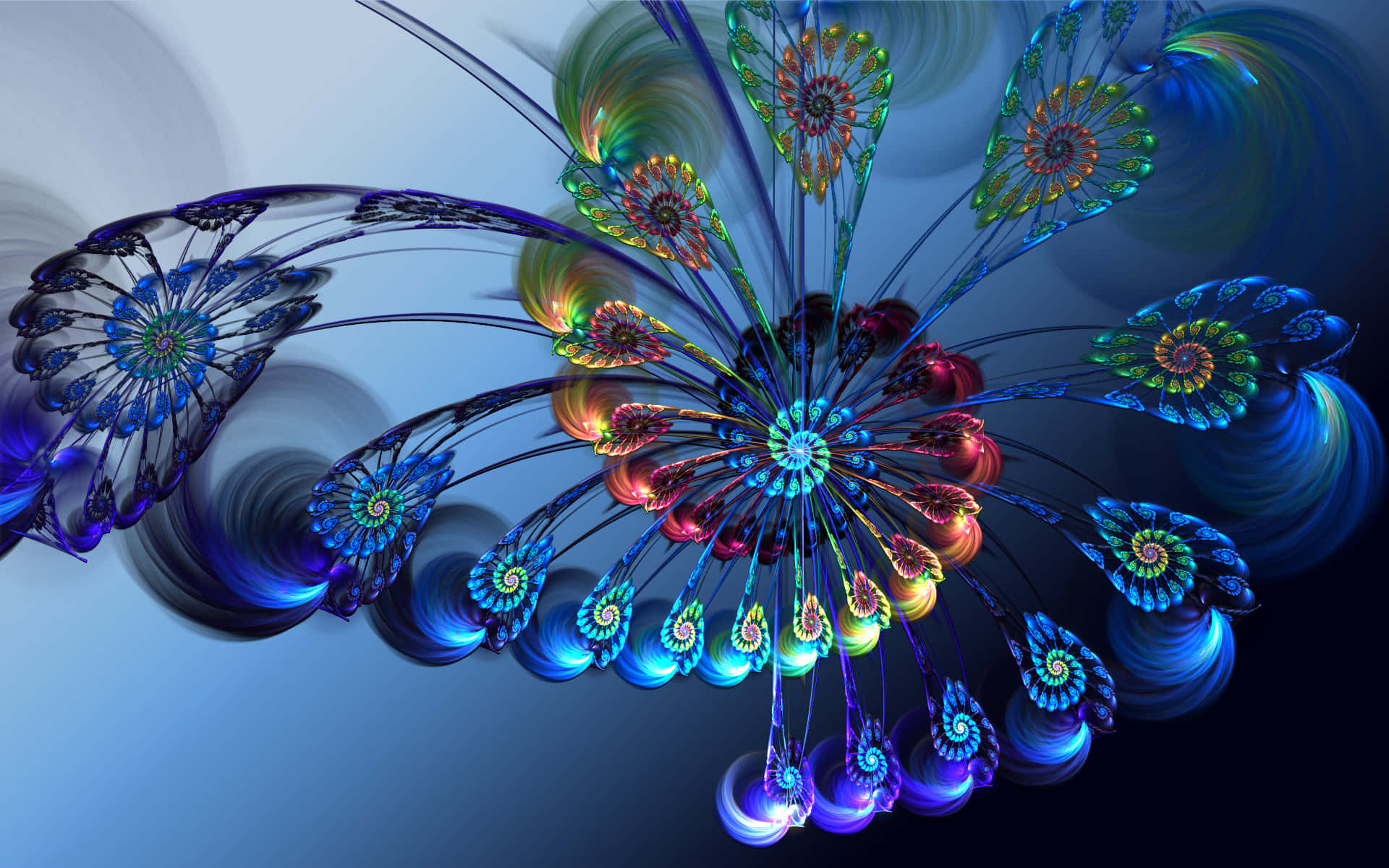If who we are can neither be improved nor disimproved, then what is all this activity all about? What is all this goal-orientated effort about, this perpetual yearning and striving? Aside from purely practical matters (such as fetching water, chopping wood, boiling rice, and so on) our motivation for doing things undeniably is all about ‘improving ourselves’; that’s what modern culture runs on – the desire or need to enhance the self. That’s the fuel that keeps the engine turning over, that keeps the motor running…
So what’s going on here? What’s it all about? If who we are can’t be improved then why are we spending so much time and effort trying to improve it? Why is there always this ‘big drive’ to self-improve the whole time? Why are we always getting so excited at the prospect of successfully improving ourselves and so fretful and worried about not doing so?
The answer – when we see it – is as clear as clear can be! We’re getting all wound up about the need to improve ourselves because what we’re trying to improve isn’t ourselves. It’s something else – it’s simply some kind of mechanical token, something that stands for ourselves. Astonishingly enough, we’re going through all the hopes and fears (all of this yearning for success and dread of failure) on the basis of something that isn’t who we are. The token for ourselves isn’t who we are and it doesn’t (on this account) matter in the slightest whether we manage to improve it or not, and yet – notwithstanding this fact – we are continually getting excited / despondent about how well we are either doing or not doing in the never-ending task of improving it…
We are often enough going through hell on account of the need to improve the status of this ‘token self’. We sweat blood over it. We put ourselves through the wringer on a regular basis. We drive ourselves demented. So what – we might ask – is all this utter craziness about? What on earth is going on with all this madness?
The point is of course that this type of situation is in fact very familiar to us. It is very familiar indeed – it could be said that this sort of thing constitutes a ‘ubiquitous human behaviour’. We play games, and this is exactly what a game is – it’s when we taken something seriously that we didn’t really need to take seriously at all. It’s when we take something seriously when it actually isn’t serious!
In a game we pick something that doesn’t matter and then we say that it matters. The game that we’re playing is that the thing which doesn’t matter does matter, therefore. This is where the ‘entertainment’ comes in; this is where the ‘positive and negative excitement’ comes in, the highs and the lows. If we weren’t playing the game of improving the status of thing (the self-token thing) then ‘success’ with regard to this end wouldn’t make us feel good and ‘failure’ wouldn’t make us feel bad. We would have equanimity as far as all of that goes.
We’re all very familiar with games but we don’t understand them. We completely don’t understand about them – we don’t understand the most important thing about them, which is the fact that they are self-cancelling, just as a vibration (or sine-wave) is ‘self-cancelling’. Games have the defining property of being null (or empty), which is to say, absolutely nothing ever happens in them. This urgent business of ‘improving the status of the self-token’ isn’t a real thing at all therefore – it’s completely empty, completely self-cancelling.
What we’re actually doing when we play the game of improving the self-concept (or self-construct) is that we’re ‘spinning a wheel’. We’re spinning the wheel around and around and around but it’s not actually going anywhere. There’s a blur of motion, a dizzying blur of activity, but nothing’s really happening. It’ll be exactly the same in ten thousand years. As Philip K Dick says, circular movement is the deadest type of movement there is.
The wheel contains ‘two components’, so to speak – it contains the component of ‘improvement’ and the component of ‘disimprovement’ (or the component of winning and the component of losing). The one and the other merge into each other, so to speak. In order for there to be such a thing as ‘improvement’ there also has to be such a thing as ‘disimprovement’. In order for there to be such a thing as improvement there must be a continuum, i.e. all the points or gradations on the scale must be connected in a continuous way. The thing about a continuum is however that it goes both ways at the same time – ‘the road up is the same thing as the road down’, as Heraclitus says. Improvement is the same as disimprovement.
The oscillation of positive and negative excitement that accompanies the improvement and disimprovement constitutes the ‘entertainment’ that we were speaking of earlier. This movement between ‘up’ and ‘down’ is what keeps us constantly preoccupied, constantly entertained. ‘Entertainment’ is a curiously harmless, even benign word to use for what we are talking about here, which is ‘self-nullification’ or ‘self-denial’. This is ‘null-entertainment’ – it is entertainment that is utterly empty. This is the barrenness of samsara. What the ‘entertainment’ is doing is to endlessly distract us from seeing who we really are, which is what can neither be improved or disimproved. And it is compulsory entertainment, so to speak – it is entertainment that we are absolutely addicted to. We can’t break away from this self-cancelling activity – we’re compelled to be forever ‘sucked up’ in it, compelled to be absorbed in this deadly, self-denying, self-nullifying entertainment, absorbed in this ‘sleep of who we really are’…






